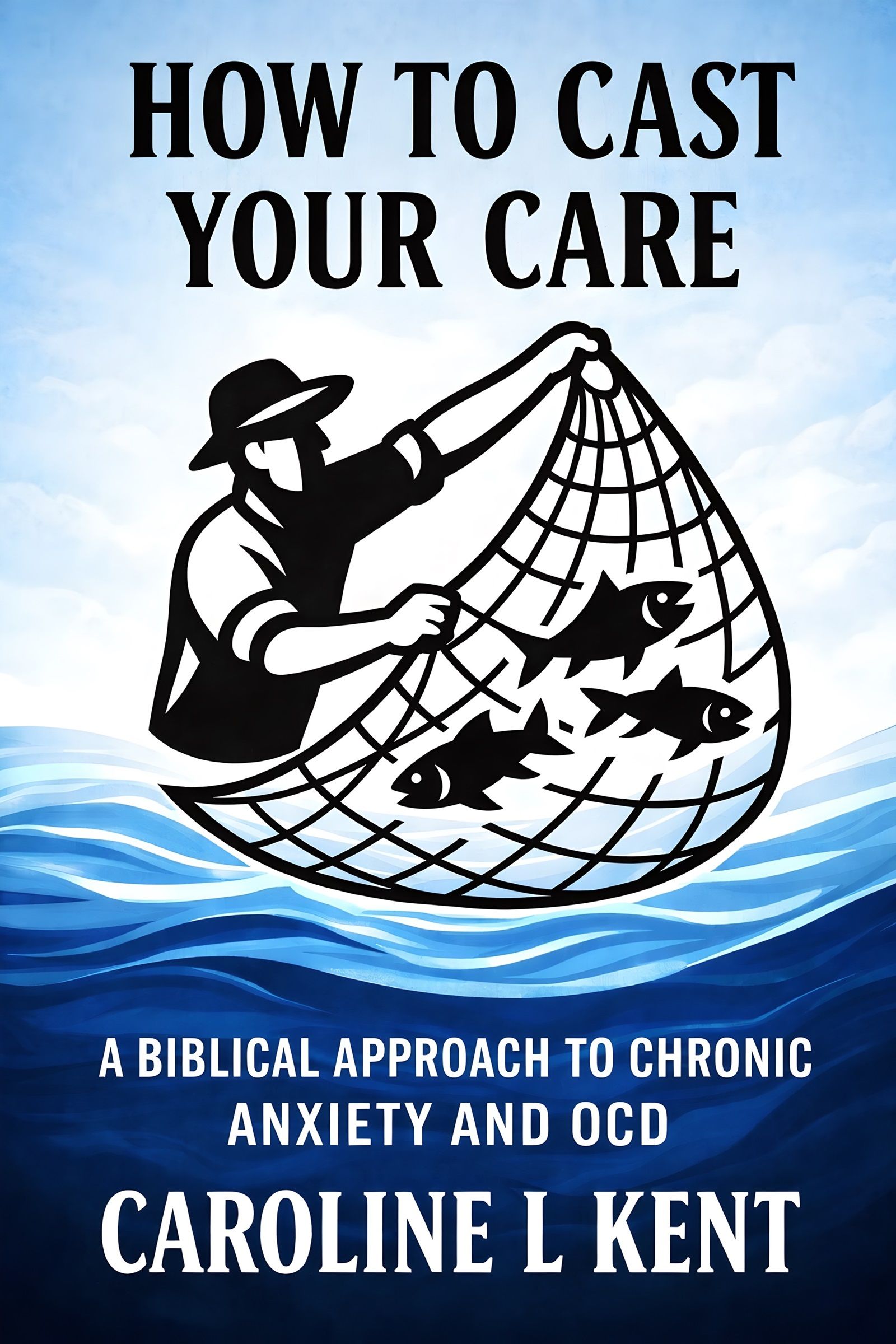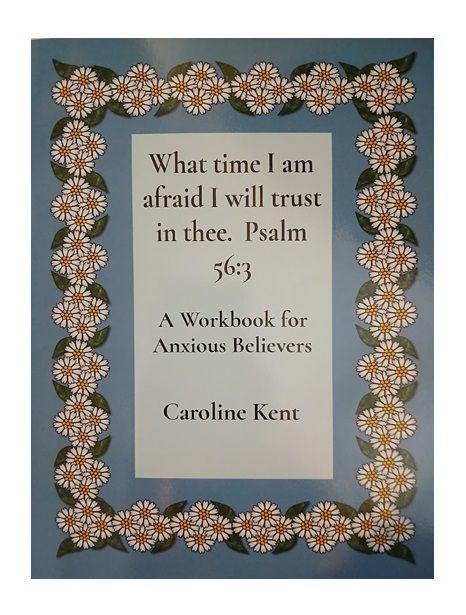A Godly Marriage 3
What Genesis Teaches us about Marriage

1. Marriage as a Divine Institution
- Creation and Complementarity: Genesis 2:18-24 reveals that God, in His perfect wisdom, designed man and woman to complement each other. Adam was incomplete without Eve, which underscores the divine intention for companionship in marriage. Eve being formed from Adam's rib, rather than his head or feet, suggests equality in value, closeness in purpose, and mutual support within the relationship. This profound imagery also hints at the intimacy and unity that should characterise marriage.
- Leaving and Cleaving: The command for a man to leave his father and mother and cleave to his wife (Genesis 2:24) points to the formation of a new family unit. The Hebrew word for "cleave" conveys a sense of deep, permanent attachment. Marriage, then, is not a transient arrangement but a lifelong union sanctioned by God.
- Reflection of God’s Relationship with Humanity: The unity and exclusivity of marriage serve as an earthly reflection of God’s covenantal relationship with His people, marked by fidelity, love, and faithfulness. This covenantal aspect will later be explicitly tied to marriage in passages like Ephesians 5:31-32, where marriage is likened to Christ’s relationship with the church.
2. The Purpose of Marriage
- Companionship: When God declared, "It is not good that the man should be alone" (Genesis 2:18), He addressed a fundamental human need. Marriage provides an intimate relationship where individuals can share their deepest thoughts, emotions, and experiences. This companionship mirrors the relational nature of God Himself, who exists eternally in the fellowship of the Trinity.
- Procreation and Stewardship: Genesis 1:28 gives marriage a missional purpose. God’s blessing to "be fruitful, and multiply" is a call for married couples to participate in His creative work by bearing and nurturing children. Additionally, the command to subdue the earth and have dominion over it signifies a shared responsibility in managing creation. This establishes marriage as a partnership not only for personal fulfilment but also for advancing God’s purposes on earth.
- Sanctification: While not explicitly stated in Genesis, the difficulties and challenges of marriage serve to refine and sanctify both husband and wife, teaching them to love selflessly, forgive generously, and grow in godliness.
3. The Impact of Sin on Marriage
- The Entrance of Conflict: Genesis 3 introduces the corruption of sin into the marital relationship. Eve's desire to her husband (Genesis 3:16) and Adam's rule over her reflect a distortion of the harmonious partnership intended by God. This imbalance, often leading to struggles for control or domination, is a direct result of the fall.
- Shame and Blame: Before sin, Adam and Eve were naked and unashamed (Genesis 2:25). After the fall, they experienced shame and hid from God and each other (Genesis 3:7-8). Additionally, Adam blamed Eve for his disobedience (Genesis 3:12), highlighting how sin disrupts trust and mutual accountability.
- God’s Grace Amidst Brokenness: Even in the midst of judgment, God’s provision of clothing for Adam and Eve (Genesis 3:21) demonstrates His care for their union. This points to the reality that marriage, though marred by sin, can still be a vessel for experiencing God’s grace and redemption.
Expanded Point 4: Faithfulness and Challenges in Marriage
Genesis offers rich insights into the complexities of marriage, showing how faithfulness to God and each other can prevail even amid trials and human imperfection. Each patriarchal marriage recorded demonstrates unique challenges, teaching profound lessons for modern couples.
Abraham and Sarah: Faith Tested by Delay
- Infertility and God’s Promise: Abraham and Sarah’s marriage was marked by a significant trial: Sarah’s barrenness. This was a source of deep grief, especially in a cultural context where children were seen as a blessing and a sign of divine favour (Genesis 11:30). God’s promise to make Abraham the father of a great nation (Genesis 12:2) tested their faith as years passed without fulfilment. This waiting period highlights the strain that unfulfilled expectations can place on a marriage.
- Human Solutions and Their Consequences: In Genesis 16, Sarah suggested that Abraham father a child through her maidservant Hagar, a culturally acceptable but spiritually misguided decision. This led to conflict and heartache within their marriage, as Hagar’s pregnancy resulted in jealousy and mistreatment (Genesis 16:4-6). This account underscores the dangers of taking matters into our own hands rather than trusting God’s timing.
- Faithfulness and Redemption: Despite their failings, Abraham and Sarah ultimately experienced the fulfilment of God’s promise with the birth of Isaac (Genesis 21). Sarah’s laughter at God’s earlier promise (Genesis 18:12-15) turned to joy, illustrating that God’s faithfulness triumphs over human doubt. Abraham’s deep love and respect for Sarah were evident in his care for her burial and the purchase of a burial site (Genesis 23:2, 19).
Isaac and Rebekah: Love Marred by Favouritism
- A Promising Beginning: Isaac and Rebekah’s marriage began with divine orchestration, as Abraham’s servant prayed for guidance and found Rebekah as the answer to his prayer (Genesis 24). Their union was marked by love and faith, with Isaac finding comfort in Rebekah after his mother’s death (Genesis 24:67).
- Division Through Partiality: Despite a strong beginning, Isaac and Rebekah’s marriage encountered strain due to favouritism. Isaac favoured Esau, and Rebekah favoured Jacob (Genesis 25:28). This partiality led to deceit and division within the family, culminating in Rebekah’s involvement in Jacob’s deception to steal Esau’s blessing (Genesis 27:5-10). Their story warns against allowing preferences and manipulations to undermine unity and trust in marriage.
- Perseverance Through Prayer: Isaac and Rebekah’s earlier example of prayer in the face of infertility (Genesis 25:21) serves as a reminder for couples to seek God’s guidance together during difficulties. Their story encourages openness and alignment in parenting and other shared responsibilities.
Jacob, Leah, and Rachel: The Consequences of Polygamy
- Jacob’s Love for Rachel: Jacob’s intense love for Rachel and his willingness to work fourteen years to marry her (Genesis 29:18-30) demonstrates the strength of marital commitment. However, the subsequent addition of Leah and two maidservants as wives due to deceit and cultural norms introduced significant dysfunction into the family.
- Jealousy and Competition: Leah and Rachel’s rivalry for Jacob’s affection (Genesis 29:31-30:24) highlights the destructive consequences of polygamy and favouritism. Each woman sought validation through bearing children, leading to a competitive dynamic that fractured family unity. For example, Leah named her sons with expressions of longing for Jacob’s love, while Rachel expressed desperation by demanding children lest she die (Genesis 30:1).
- God’s Sovereign Work Through Brokenness: Despite the marital discord, God used Jacob’s family to establish the twelve tribes of Israel. Leah, often overlooked, bore Judah, the ancestor of Christ (Genesis 29:35). This illustrates that God’s purposes can prevail even in deeply flawed relationships.
Broader Lessons From the Patriarchs' Marriages
Faithfulness to God’s Plan: All these marriages reveal that God’s promises remain steadfast even when human actions seem to derail His plans. Trusting God’s providence and submitting to His guidance are crucial for navigating the complexities of married life.
The Role of Forgiveness and Grace: Each marriage required forgiveness to move forward. Abraham and Sarah needed to move past the conflict with Hagar. Isaac and Rebekah had to reconcile the consequences of their favouritism. Jacob’s eventual reconciliation with Esau (Genesis 33) points to the power of forgiveness in healing familial wounds.
The Importance of Trust and Communication: These stories highlight the pitfalls of secrecy, deception, and lack of communication. Rebekah’s manipulation, Rachel’s envy, and Jacob’s failure to prioritise unity with his wives serve as warnings for couples to cultivate honesty and mutual respect.
Modern Applications of These Lessons
- Patience in Trials: Just as Abraham and Sarah learned to wait on God’s timing, modern couples can grow spiritually by trusting God through seasons of delay, such as infertility or other challenges.
- Avoiding Comparisons: Rachel and Leah’s rivalry shows the destructive nature of comparison. Couples should focus on fostering appreciation and contentment within their own marriage.
- Praying Together: Isaac and Rebekah’s example of praying for God’s intervention encourages couples to make prayer a cornerstone of their relationship.
- Extending Grace: Just as God worked through the patriarchs’ failings, couples should be quick to forgive and extend grace to one another, trusting that God can redeem even their shortcomings for His glory.
The patriarchal marriages in Genesis are far from perfect, but they are rich with lessons about perseverance, forgiveness, and reliance on God. These stories remind us that faithfulness in marriage is not about perfection but about a shared commitment to honouring God and growing together in grace.
5. Marriage as a Covenant
Marriage as More Than a Contract: Genesis does not explicitly use the term "covenant" for marriage, but the principles are evident. A covenant is a binding agreement made before God and others, marked by solemn promises and commitments. Marriage reflects this covenantal structure as a solemn, lifelong commitment that mirrors God’s unchanging faithfulness to His people.
Theological Foundations: Later Scriptures, such as Malachi 2:14 and Ephesians 5:31-32, explicitly affirm the covenantal nature of marriage. In Genesis, this is implicitly shown through the enduring union of Adam and Eve and the spiritual responsibilities given to them.
Application for Modern Marriages
- Cultivating Unity: Couples should work to foster unity by prioritising time together, maintaining open communication, and extending grace during conflict. The principle of “one flesh” calls for shared goals, mutual respect, and sacrificial love.
- Pursuing God’s Purpose: A godly marriage goes beyond personal happiness to fulfil God’s purposes. This includes raising children to know and love the Lord and partnering in ministry or service.
- Enduring Through Grace: Genesis shows that no marriage is immune to trials. Trusting in God’s grace, seeking forgiveness, and praying together can strengthen a couple's bond even in the most challenging times.
- Viewing Marriage as Worship: By loving and serving each other selflessly, couples can glorify God and bear witness to His love.
Genesis provides a comprehensive framework for understanding and living out God’s design for marriage. It sets the stage for the rest of Scripture, where these themes are deepened and fulfilled in the gospel of Christ.








